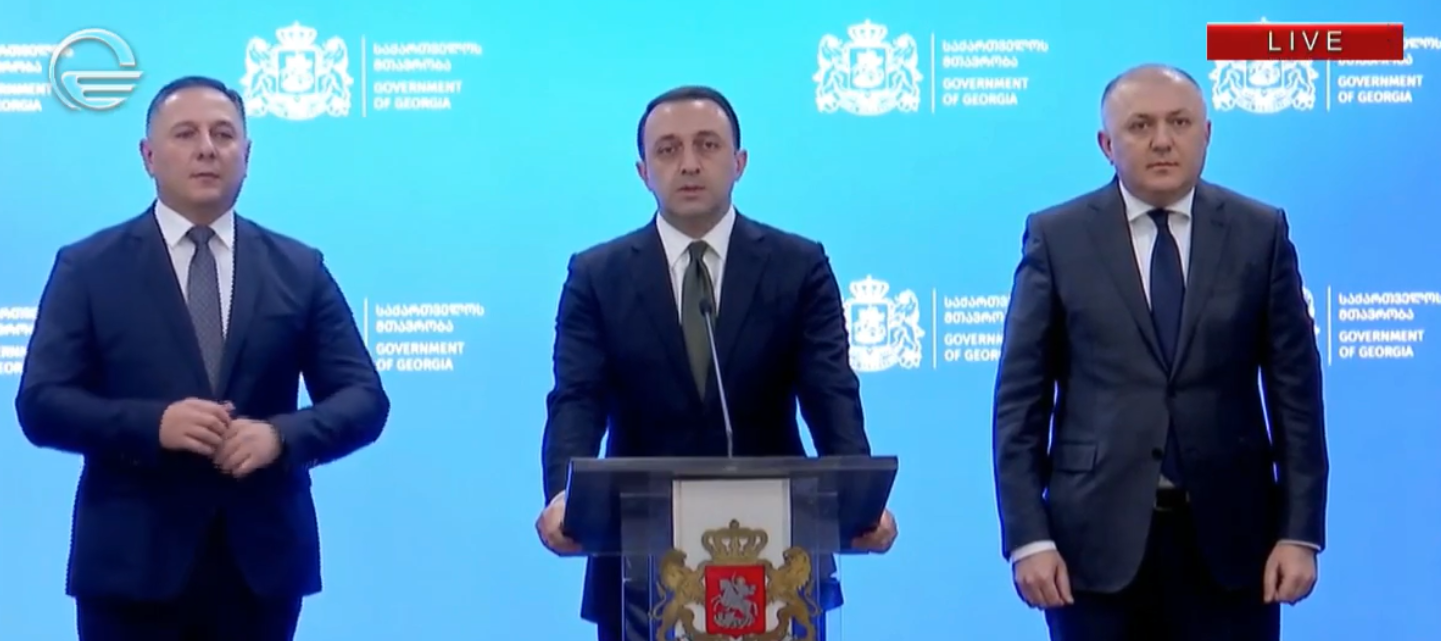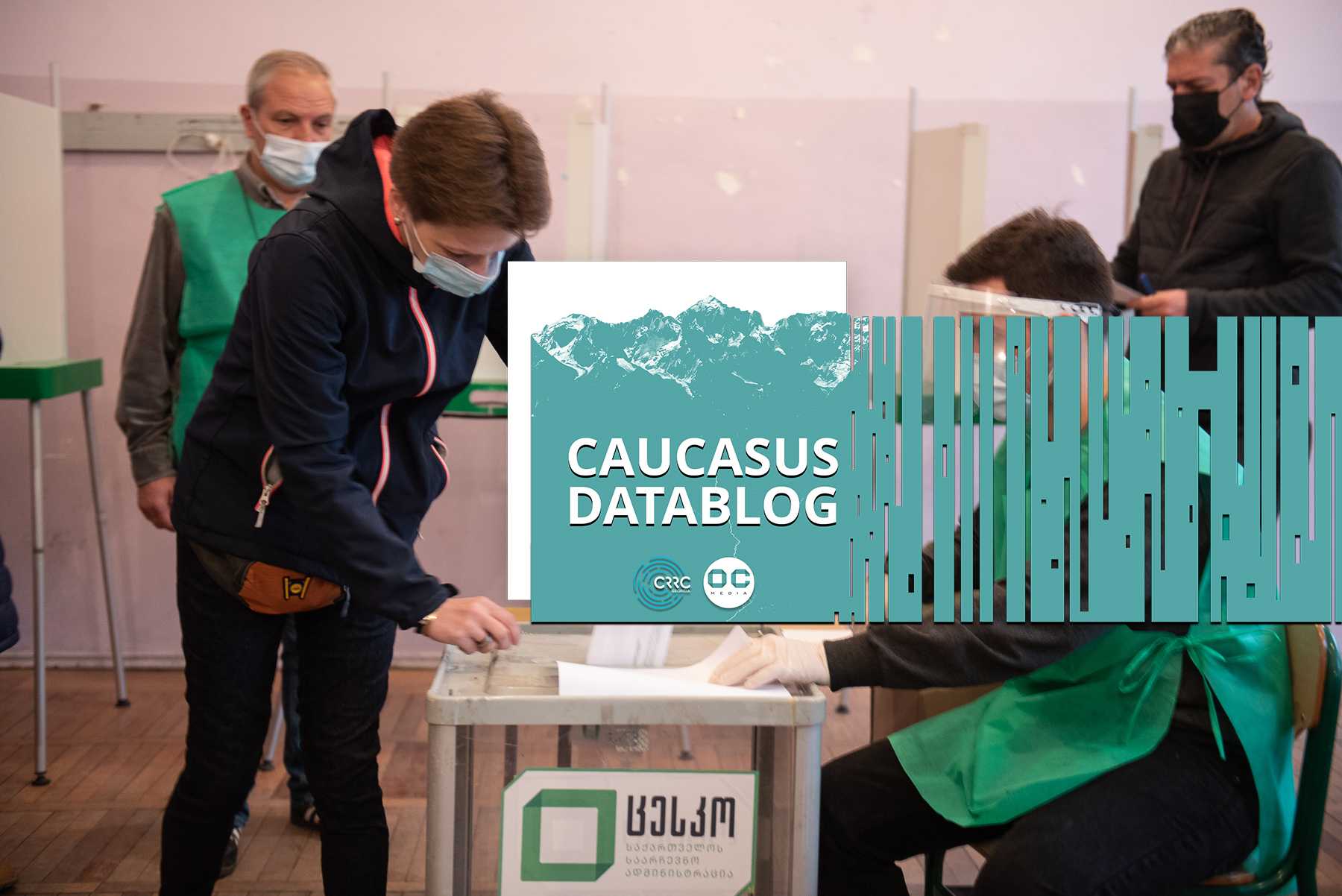
Former President Mikheil Saakashvili has been arrested in Georgia on the eve of crucial local elections.
During a press briefing on Friday evening, Prime Minister Irakli Gharibashvili announced that the authorities had arrested the third Georgian President and honorary chair of the opposition United National Movement party (UNM) and that he had been transported to prison.
Saakashvili has been convicted in absentia on several counts of abuse of power in Georgia, including ordering an attack on political opponent Valeri Gelashvili and illegally promising a pardon law enforcement officers implicated in a 2006 murder of Sandro Girgvliani.
After multiple broken promises to return since leaving the country in 2013, Saakashvili announced on 27 September that he would arrive in Georgia on the day of municipal elections, 2 October. While Georgian authorities vowed to detain him as soon as he set foot on Georgian soil, Saakashvili published an image of a ticket he had booked — set to land on Saturday evening — as proof of his impending arrival.
But the former Georgian President caught the country off guard earlier on Friday after publishing a video allegedly shot in the western city of Batumi and claiming to have already arrived in Georgia.
In a voice recording posted to Saakashvili’s Facebook page at 20:22, he is heard saying: ‘I may be about to be arrested now in Tbilisi, but know that we will fight until the end. We all gather tomorrow, many people will come out into the streets and we will win this election.’
It is unclear how Saakashvili crossed into Georgia from Ukraine, where he currently serves on the National Reform Council. Announcing his arrest, the government claimed that they had been tracking Saakashvili’s movement ‘starting from Ukraine’, contradicting the ruling party’s insistence earlier on Friday that he had not left Ukraine.

In his announcement on Friday, Gharibashvili congratulated Bidzina Ivanishvili, the founder of Georgian Dream, on the ninth anniversary of defeating Saakashvili and the UNM in the 2012 parliamentary elections that led to the country’s first election-based transfer of power.
The announcement comes 12 hours before polls open in Georgia for local elections, which are seen as a key test for the ruling party’s legitimacy.
[Read more: Georgians to cast their ballots in crucial test for ruling party]









